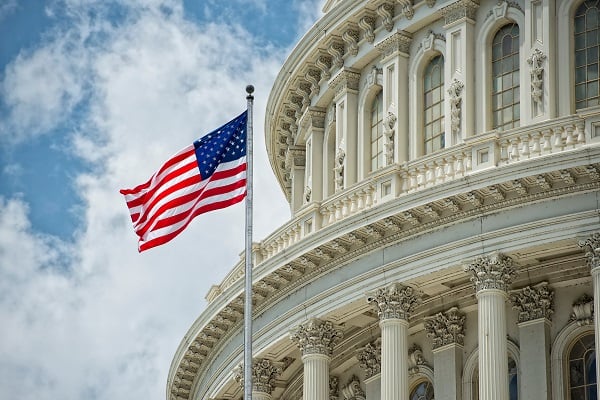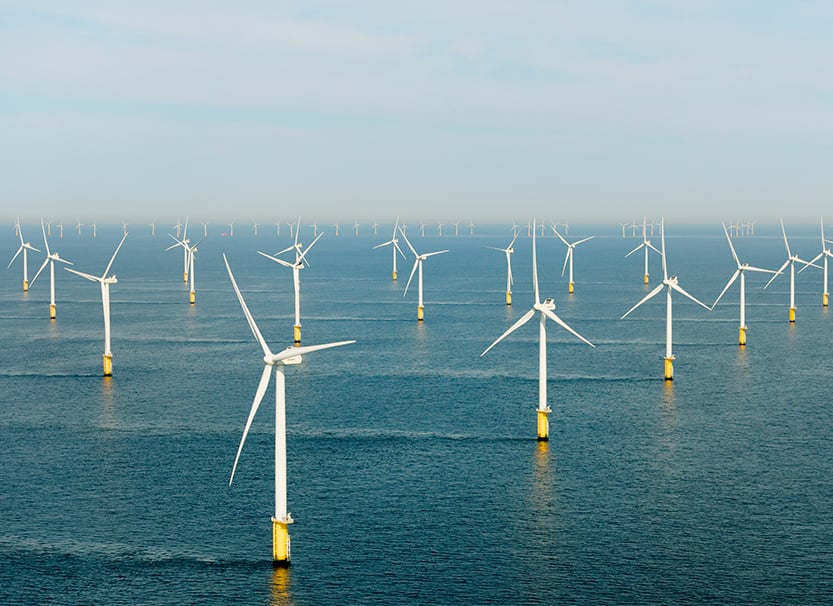Governors of PJM States Intensify Pressure on PJM for Reform
A bipartisan group of governors of PJM Interconnection (PJM) member states has intensified calls for reforming PJM after what they have described as a “crisis of confidence,” citing high electricity prices, interconnection delays, and lack of transparency and state participation in the RTO’s decision-making processes.
Department of Energy Blocks Shutdown of Coal-Fired Power Plant and Oil- and Gas-Fired Generator Units With Federal Emergency Orders
On May 23, 2025 and May 30, 2025, the Department of Energy (DOE) issued two emergency orders under its Federal Power Act (FPA) Section 202(c) authority effectively delaying the closure of two power plants. DOE Order No. 202-25-3 (hereinafter, the Campbell Order) requires the Midcontinent Independent System Operator (MISO) and Consumers Energy to “take all measures necessary” to ensure that the 1,560 MW coal-fired J.H. Campbell Power Plant (Campbell Plant) in West Olive, Michigan — originally slated for retirement on May 31, 2025 — is “available to operate” until the expiration of the order on August 21, 2025. DOE Order No. 202-25-4 (hereinafter, the Eddystone Order) similarly requires PJM Interconnection (PJM) and Constellation Energy to keep 760 MW of oil- and gas-fired peaking capacity — also set to retire on May 31, 2025 — at the Eddystone Generation Station (Eddystone Station) in Pennsylvania available until August 28, 2025. There is also the potential of extensions of these expiration dates.

Three Takeaways from the Trump Administration’s Latest Push for Shifts in Domestic Energy Production
On April 8, 2025, President Trump issued three executive orders reflecting the Administration’s push for increased domestic coal production. The orders point to the surge in electricity demand from data centers and other infrastructure required to support Trump Administration goals, including becoming a leader in artificial intelligence (AI), as a key rationale. Here are three takeaways from these orders.

Top 5 Energy Actions You Should Know from President Trump’s First Day
On January 20, 2025, President Trump began his second term with the signing of 26 executive orders (EOs), which included the recission of almost 80 EOs of the previous administration. Trump’s orders contain both repeals of key Biden Administration policies and calls to agency action to reassess treatment of major energy issues associated with domestic energy production. Here are the top five actions to know from President Trump’s first day as the new administration begins its reshaping of U.S. energy policy for his second term in office.
U.S. EPA Memo Offers Direction on Lithium Battery Recycling—Essential to the Future Supply Chain for Battery Electric Vehicles
Lithium-ion batteries are commonly used in a wide variety of applications, from medical devices to laptops — and now, increasingly, in electric vehicles (EVs). With the market for personal and commercial EVs growing, it is essential for U.S. manufacturers to have a secure, reliable supply chain of the critical minerals needed to produce EV batteries, including lithium, cobalt, nickel, and copper. Indeed, a recent study highlights the growing demand for these minerals — and the challenges the U.S. faces to meet this demand from mined sources.

PJM Limits Renewable Energy Resource Capacity Values for Allocation of Capacity Interconnection Rights
On April 7, 2023, the U.S. Federal Energy Regulatory Commission (FERC) issued an Order Accepting Tariff Revisions Subject to Condition (183 FERC ¶ 61,009) approving a PJM Interconnection LLC (PJM) proposal to limit the power capacity values of wind, solar, and hybrid resources within PJM’s recently adopted grid reliability framework.
DOE Announces Over $4B in Energy Transition Project Tax Credit and Grant Programs
The U.S. Department of Energy (DOE), alongside the Internal Revenue Service (IRS) and Department of the Treasury, has announced plans to implement programs funded by the Inflation Reduction Act and the Bipartisan Infrastructure Law: the Low-Income Communities Bonus Credit Program (48(e)), the Qualifying Advanced Energy Project Credit (48C)), and the Advanced Energy Manufacturing and Recycling Grant Program. Together, these programs will make available more than $4 billion in federal tax credits and grants for energy transition projects in an effort to “accelerate domestic clean energy manufacturing and ensure traditionally underserved communities benefit from clean energy technologies.”


